



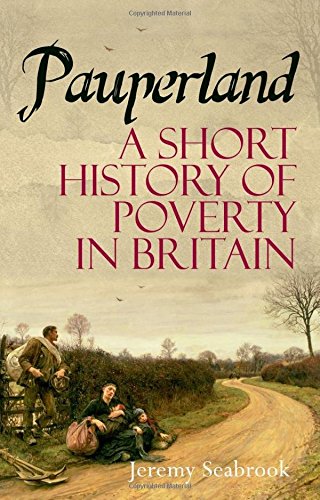
November is the “Non-Fiction Reading” month, and I have compiled this list of non-fiction titles I am looking forward to reading in a near future.
Going to Church in Medieval England [2021] by Nicholas Orme
I am interested in the history of religion and knowing how prominent the Church was in the lives of people in the Middle Ages, this book will undoubtedly be a very insightful read. It aims to show how churches in England “came into existence, who staffed them, and how their buildings were used, [explaining] who went to church, who did not attend, [and] how people behaved there.” The book explains how the calendar and Church activities existed in unison, and demystifies the English Reformation of the sixteenth century.
The Facemaker: One Surgeon’s Battle to Mend the Disfigured Soldiers of World War I [2022] by Lindsey Fitzharris
Fitzharris’s debut book The Butchering Art [2017] was an unputdownable history non-fiction that told of British surgeon Joseph Lister and the transformation of Victorian medicine. In this new non-fiction, the author presents the story of one visionary surgeon who rebuilt the faces of the First World War’s injured soldiers, making first contributions to the field plastic surgery. The focus of this account is otolaryngologist Harold Gillies from New Zealand, who is considered to be the father of modern plastic surgery.
Papyrus: The Invention of Books in the Ancient World [2022] by Irene Vallejo
I feel like with the title that my website has, I must read this book! Translated from the Spanish, it tells of the journey of a book from oral tradition to scrolls and codices, with the focus on papyrus, with the author arguing that this transition laid the very foundation of Western culture. For my part, I can add that papyrus is an ancient writing material that was more versatile that many assume, and was also used by the Egyptians to make a variety of implements and household goods, including footwear and boats. A variety of papyrus is still used today for these purposes, but definitely not in the quantities it once was.
The Second Amendment: A Biography [2014] by Michael Waldman
The issue of gun ownership is always topical in the US. I have looked at a number of books on this topic, and Waldman’s book appears a stand-out. It is about the history of the Second Amendment, that protects the right to keep and bear arms, and the thesis here aims to demonstrate that “our view of the amendment is set, at each stage, not by a pristine constitutional text, but by the push and pull, the rough and tumble of political advocacy and public agitation” (goodreads). With such a confluence of law and politics as it takes place in the US, law in the country is often what public pressure/hysteria says it is.
Pauperland: A Short History of Poverty in Britain [2013] by Jeremy Seabrook
As the UK debates the cost of living, this book is topical again. Seabrook focuses his investigation on an interesting question: if wealth was once regarded as the greatest moral danger and evil, why so much has changed and poverty is now covered in such a shameful and unforgivable veil of sin? The author traces the history of poverty, showing where that divide occurred whereby the poor took the role of scapegoats and are to blame for everything, as well as mocked and shamed to the greatest possible extent, while the rich get off the hook all the time, getting their prestige on top of their money. The cover of the book is Hard Times by British painter Hubert von Herkomer.
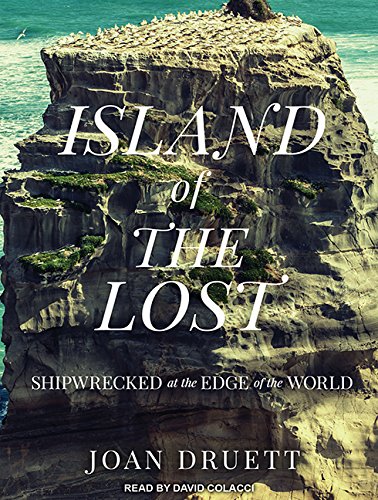
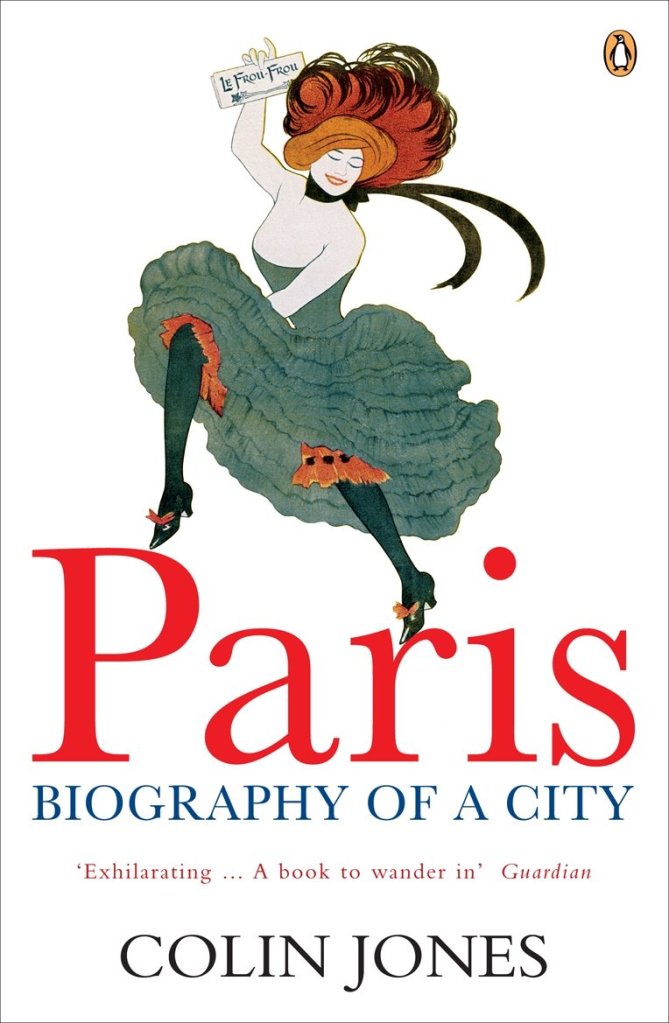

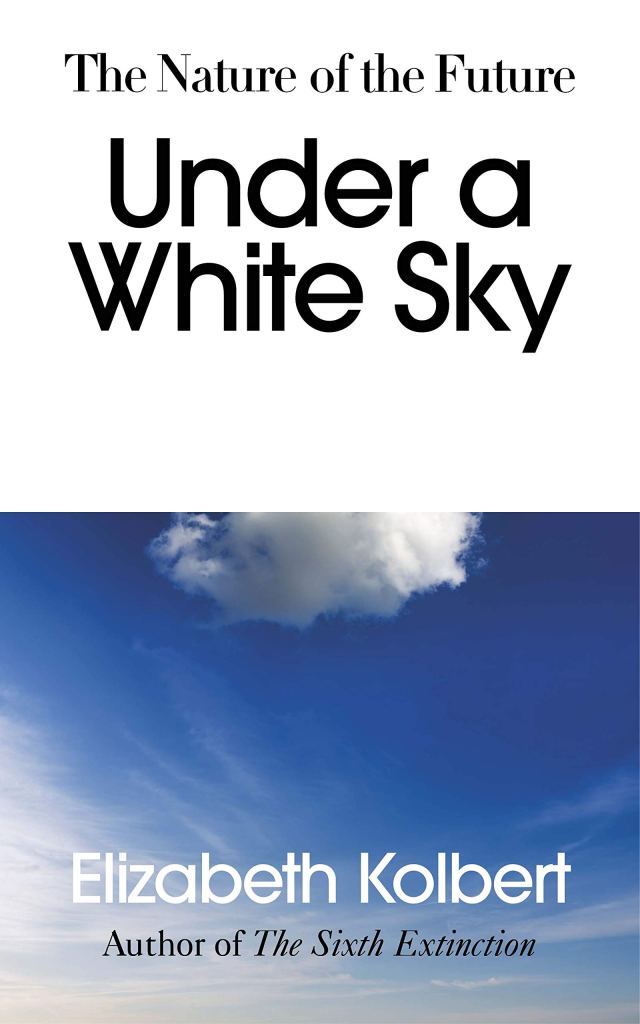
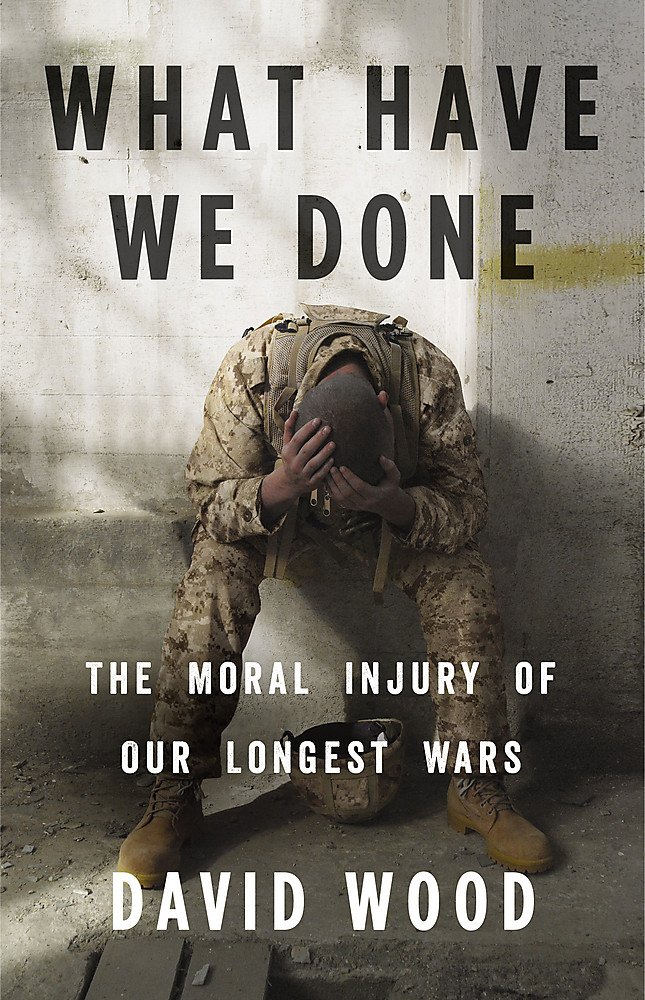
Island of the Lost: Shipwrecked at the Edge of the World [2007] by Joan Druett
This book tells such an incredible story that no fiction will dare to attempt it because it sounds so incredulous. It so happened that in the year 1864 there occurred two shipwrecks off the coast of Auckland Islands, and the crews of both ships had no knowledge of one another since the shipwrecks happened on the opposite sides of the island. Musgrave was the captain of ship Grafton when he was cast away with his mates and left to die after the disaster. Ship Invercauld was under the command of Captain George Dalgarno, and this crew found themselves shipwrecked some four months after Grafton on the same island. Druett tells us how the two crews employed very different survival techniques, and the result was that only one ship escaped the imminent death.
Paris: The Biography of the City [2004] by Colin Jones
Paris is one of the most exciting cities on earth, and its history is rich and intriguing. It is said about this book that “in this definitive and illuminating history, Colin Jones walks us through the city that was a plague-infested charnel house during the Middle Ages, the bloody epicenter of the French Revolution, the muse of nineteenth-century Impressionist painters, and much more” (goodreads). The book also provides numerous photographs, and overall promises to be a quirky read about the world’s city of romance.
Swallow This: Serving Up the Food Industry’s Darkest Secrets [2015] by Joanna Blythman
I am determined to read more food-related non-fiction, and this is one of the titles that popped up for me. It is said to be “a fascinating exploration of the food processing industry and its products” (goodreads). Blythman focuses not only on some obvious culprits, such as processed meat, but also talks about foodstuffs that the majority would say is “healthy” and “fresh”, including salads and smoothies.
Under a White Sky [2021] by Elizabeth Kolbert
This book is by the author of The Sixth Extinction: An Unnatural History [2014] who looks at some of the recent eccentric inventions or interventions from scientists and entrepreneurs from around the world designed to try to solve or alleviate global issues plaguing Earth, including carbon emissions and mass extinctions.
What Have We Done: The Moral Injury of Our Longest Wars [2016] by David Wood
People often talk about physical injuries sustained in wars, and now often about psychological injuries, but what about moral ones? Coming to terms with hurting or killing other human beings (even irrespective of the circumstances) also causes a moral injury. Pulitzer Prize-winning journalist David Wood looks at this hardly ever recognised trauma sustained by a soldier who was forced to relinquish his inner values of right and wrong.
Have any of the titles above caught your eye? Are you reading any non-fiction this month?


….wow. I’m interested in virtually every title on this list, especially the one on medieval English religion (would be interesting to compare it to Stripping the Altars), papyrus, and the second amendment. Looking forward to your future reviews!
LikeLiked by 1 person
These all sound very good, particuarly The Facemaker.
LikeLiked by 1 person
Paris, Biography of a City appeals to me. Might have to add that one to the list. Unbelievable that the gun lobby in the US is as powerful as ever, despite Sandy Hook and all the school shootings.
LikeLiked by 1 person
I’m using the lists I’ve compiled from Nonfiction November events of the past to read nonfiction this month. The best books I am reading/have read this month include Adrift; Last Witnesses; and Dear Reader. I’d like to read several on your list including The Facemaker and Paris: Biography of a City.
LikeLiked by 1 person
The books you mention sound great!
LikeLike
They all sound really interesting, though I think I would mostly gravitate towards the one about the shipwreck (it seems such a crazy story!!) and the one about the second amendment, as I’ve been quite interested in American history lately. But you absoltely have to read Papyrus! I haven’t read a lot of non-fiction this year but I picked one up about the history of Russia last month, and I can’t wait to read it!
LikeLiked by 1 person
Considering Russia is my homeland, my knowledge of its history is woefully inadequate. I have watched a great documentary recently about The Decembrist Revolt and then the lives of some of the Decembrists in Siberia and got inspired to read a number of books on that, too. I hope you enjoy your book!
LikeLiked by 1 person
Oooooh, they all sound really interesting, I would love to read them all. Looking forward to your reviews.
This would also be a great topic for Non-fiction November. Must remember that for next year.
LikeLiked by 1 person
They all sound fascinating – Going to Church in Medieval England sounds like it would be useful for writers too.
LikeLiked by 1 person
Great list! Your #2 and 3 sound really interesting indeed
LikeLiked by 1 person